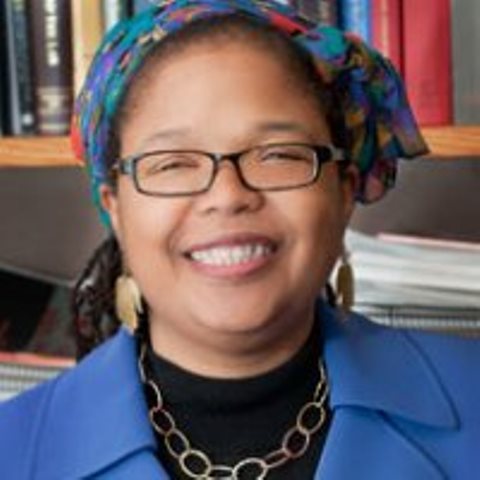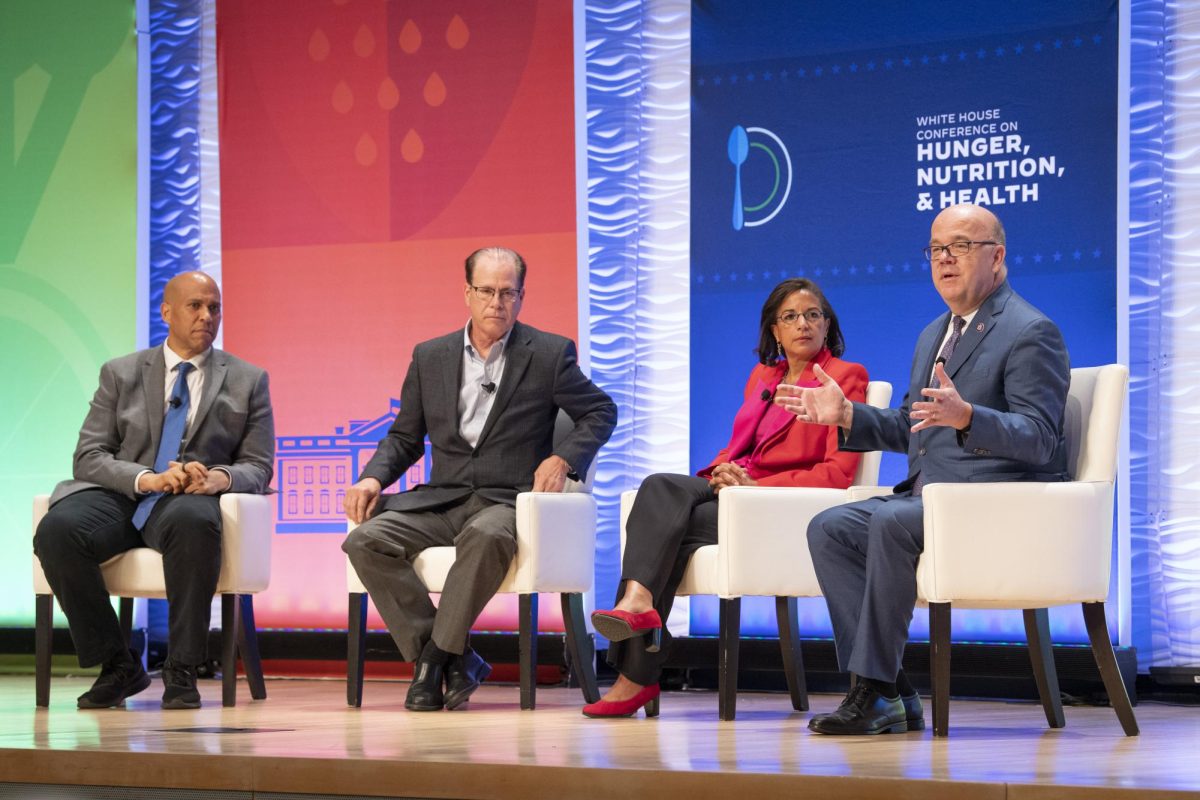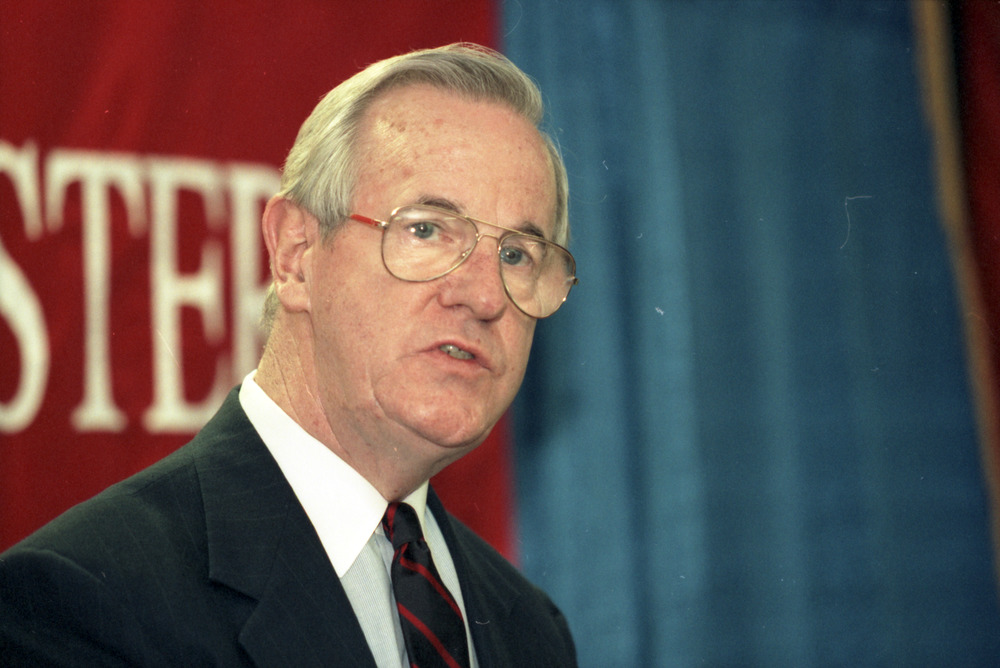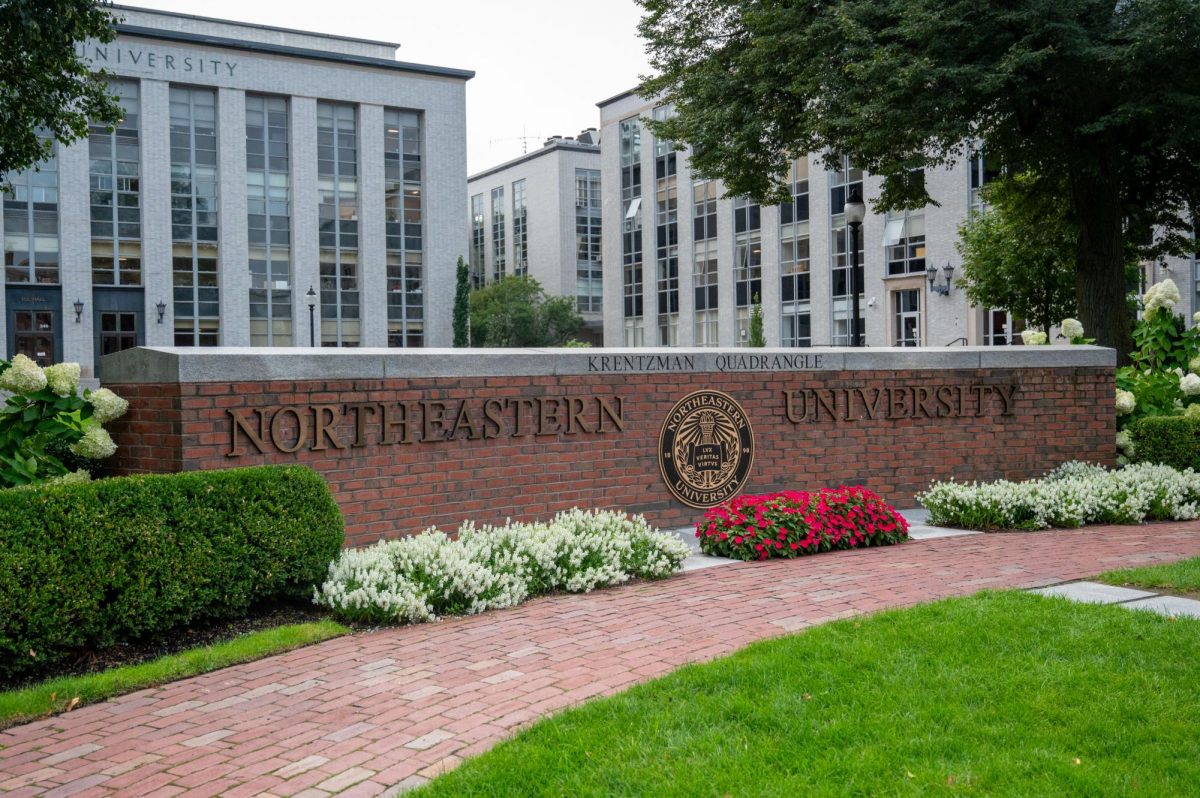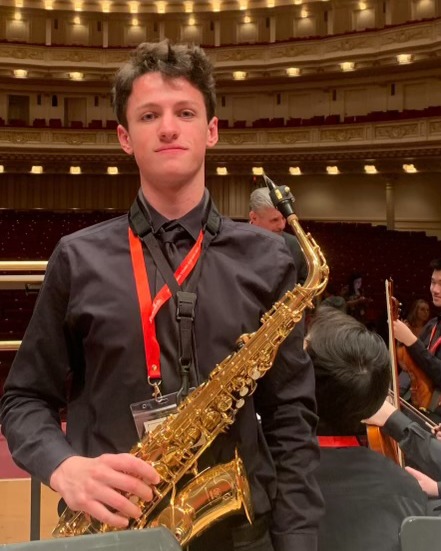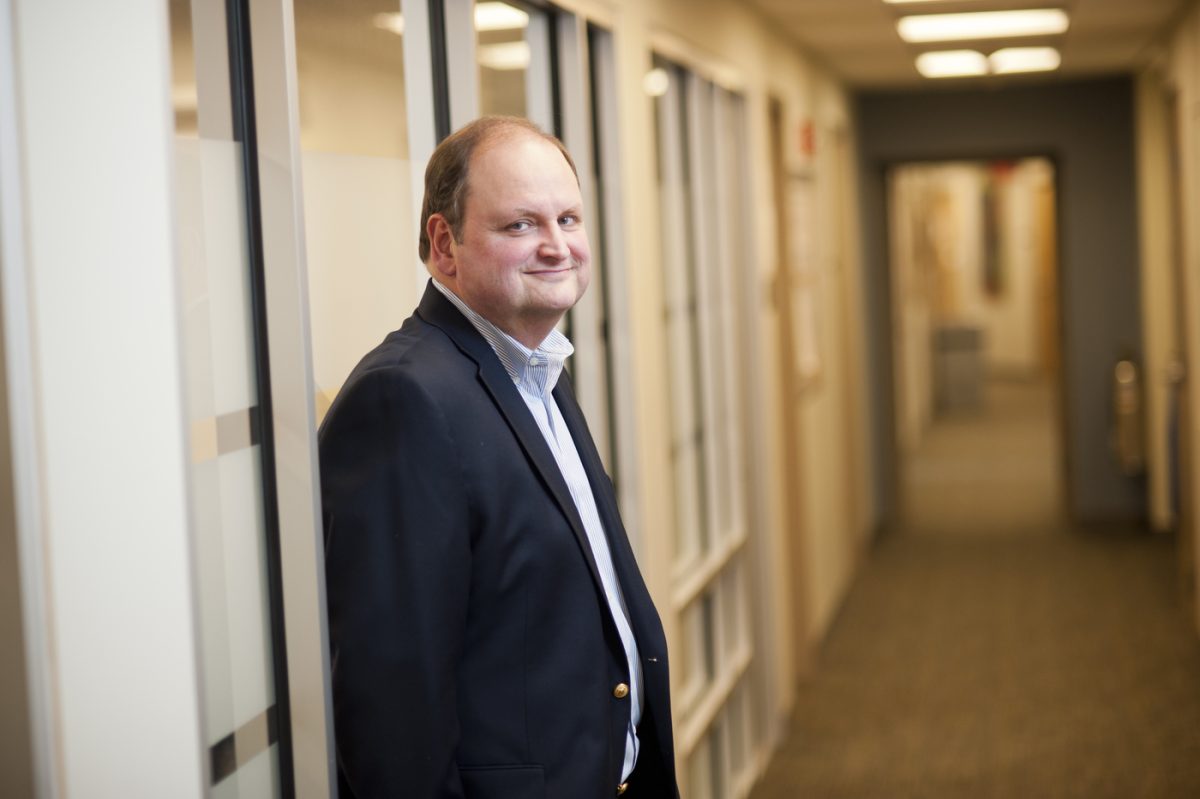By Rachel Morford, news staff
Hope Lewis, a celebrated human rights scholar and Northeastern law professor, died at Beth Israel Deaconess Medical Center on Dec. 6 after suffering complications related to a long-term illness. She was 54.
Lewis served as the faculty director of Global Legal Studies, founded the university’s Program on Human Rights and the Global Economy and was a founding co-chair of the American Society of International Law International Disability Rights Interest Group. She was described by colleagues and students as a passionate human rights advocate, a resolute fighter and a devoted educator whose compassion created enduring bonds with those around her.
“The word that has been coming to my mind is ‘friend,’” said Wendy E. Parmet, a Northeastern law professor and longtime colleague of Lewis. “I think she was a wonderful friend and a friend to many, many people, including her students and colleagues around the world.”
Born May 14, 1962, Lewis graduated from the Bronx High School of Science and went on to earn a bachelor of arts degree from Harvard University in 1986. She began as a visiting professor at Northeastern’s School of Law in 1991, and later earned her tenure in 1998. She was considered an expert in multiple fields, including human rights, international disability rights and international law.
In an email to the Northeastern community on Thursday, School of Law Dean Jeremy Paul called Lewis “an inspiring teacher.”
“Above all, she was a wise, generous and passionate colleague committed to her students, her fellow advocates of human rights and the cause of justice around the world,” Paul wrote. “She will be deeply missed.”
Colleagues lauded Lewis’ academic vigor in the field of human rights. According to the scholarly research website SSRN, Lewis’ 23 published papers have been collectively downloaded nearly 5,000 times. Some of the most notable papers she authored or co-authored include “Between Irua and ‘Female Genital Mutilation’: Feminist Human Rights Discourse and the Cultural Divide” and “Forgotten Sisters—A Report on Violence Against Women with Disabilities: An Overview of its Nature, Scope, Causes and Consequences.”
“She broke new ground in [her] field by marrying traditional human rights interests with the economic concerns of the 21st century,” said Margaret Burnham, a Northeastern law professor and longtime colleague. “And by her insightful studies on the effect of globalism on the exercise and practice and attainment of human rights.”
Lewis’ devotion to her work went beyond publishing papers. Colleagues said that Lewis was genuinely passionate about what she was studying and teaching. Lewis was awarded the Shanara Gilbert Human Rights Award from the Society of American Law Teachers in 2015, and received the American Bar Association’s Mayre Rasmussen Award for Mentorship of Women in International Law in 2012.
“Her commitment to human rights [was] an embodiment of her commitment to people, to individuals, to groups,” Parmet said. “This was not an abstraction, [not] an intellectual exercise. It grew out of her deep connection to and caring to people, particularly who are disadvantaged, vulnerable, oppressed.”
In addition to regularly contributing to her field, Lewis was known for her devotion to fostering young minds. Margaret Kwoka, a former student of Lewis’ and a 2007 Northeastern School of Law graduate, remembered Lewis as an exceptional educator.
“One of the things that was most striking about her teaching was her ability to convey the incredible complexity of some of the hardest human rights problems that we face,” Kwoka said. “I think all of us felt that—not just her passion, but the depth of her knowledge.”
Kwoka is now a professor of law herself at the University of Denver’s Sturm School of Law. She connects much of her life path to how Lewis positively affected her as a student.
“She really championed us,” Kwoka said. “She helped me turn a paper I had written for her course into my first published article and helped me get it published. And once it was published, she was the very first person to cite me. Things like that are hard to put a value on.”
In addition to academia, Lewis loved watching movies, despite being legally blind, said Northeastern law professor and longtime friend Margaret Woo.
“At the end of each academic year, before she got so sick, we would go see a movie to celebrate the beginning of summer (and her birthday, which was in May),” Woo said in an email to The News. “And Hope had nerves of steel because she liked thrillers as well as the more ‘artsy’ films. I remember going to see Face/Off starring Nicolas Cage and John Travolta, and I walked out of the film shaking, but Hope was steady as a rock.”
Woo earned tenure alongside Lewis and said they bonded through the diversity they represented—at the time, Woo and Lewis were two of the few women of color on a tenured track at Northeastern.
“Hope and I sometimes faced the issue of not being heard,” Woo said. “And so, early on, we made an informal understanding that we would acknowledge each other’s comments at faculty meetings. This does not mean that we would always agree with each other. Rather, it was simply an acknowledgement of or a reference to the other’s comment and how we responded to that comment. It is a way to make known that we heard each other, and hoped that others heard as well.”
Although she faced health complications throughout her life, Lewis is remembered as always pushing forward. When Lewis’ health began to take a more severe turn for the worst, she told Burnham that she took solace in a quotation.
“She said to me that she was very much inspired by a quote from Virginia Woolf: ‘Arrange the pieces that life gives you.’” Burnham said. “And I think she did that with more fortitude, courage and with better results than most of us ever could.”
Lewis is survived by her mother, Blossom Stephenson, and her father, Stuart Lewis.
Lewis’ funeral will be held at the Bethel African Methodist Episcopal Church in Roslindale on Thursday, Dec. 15. A viewing will take place at 10 a.m., with a service following at 11 a.m.
Photo courtesy LinkedIn


